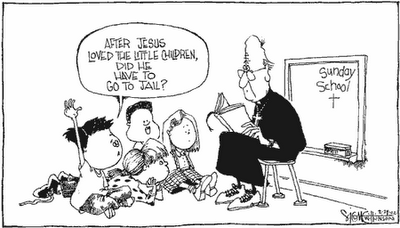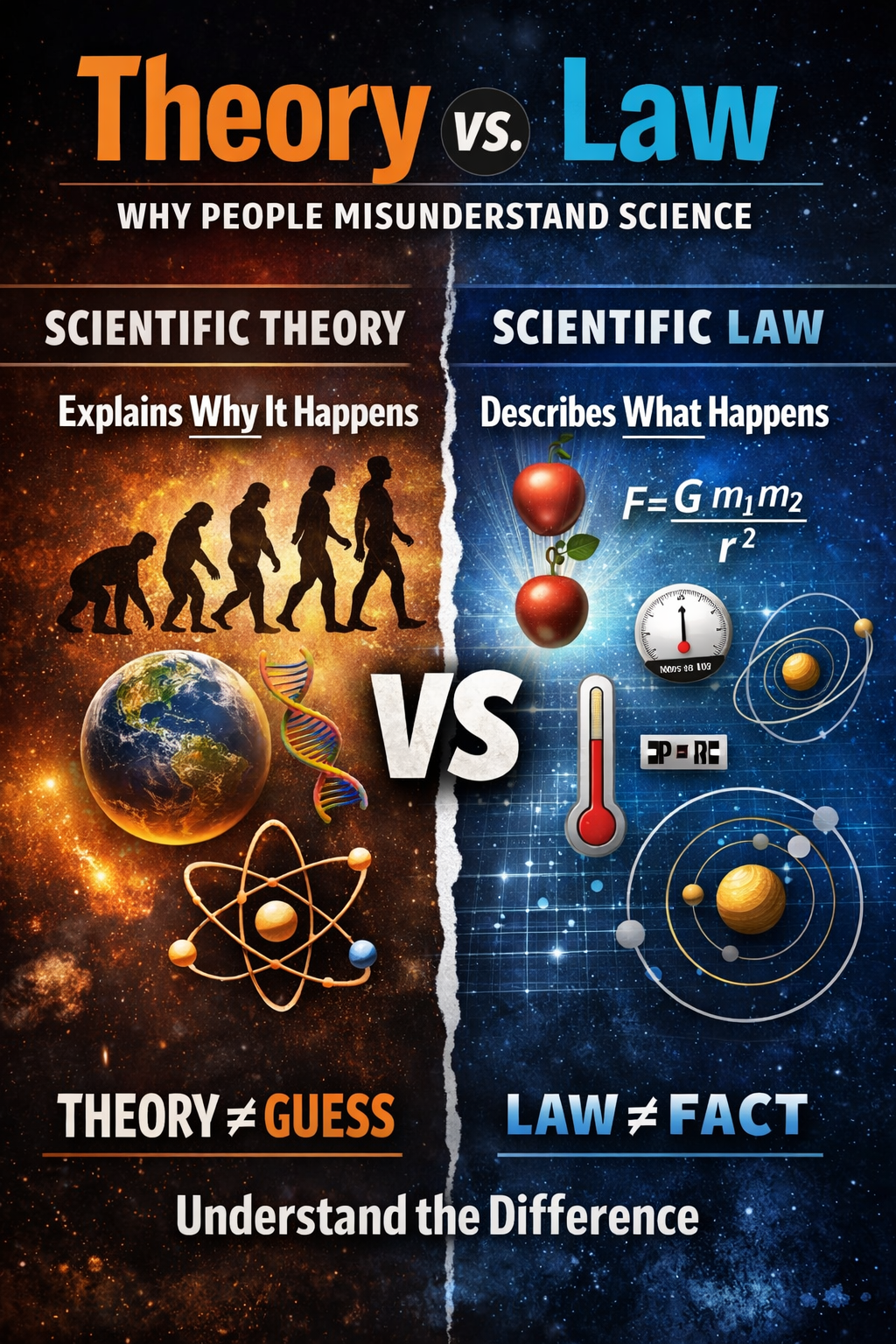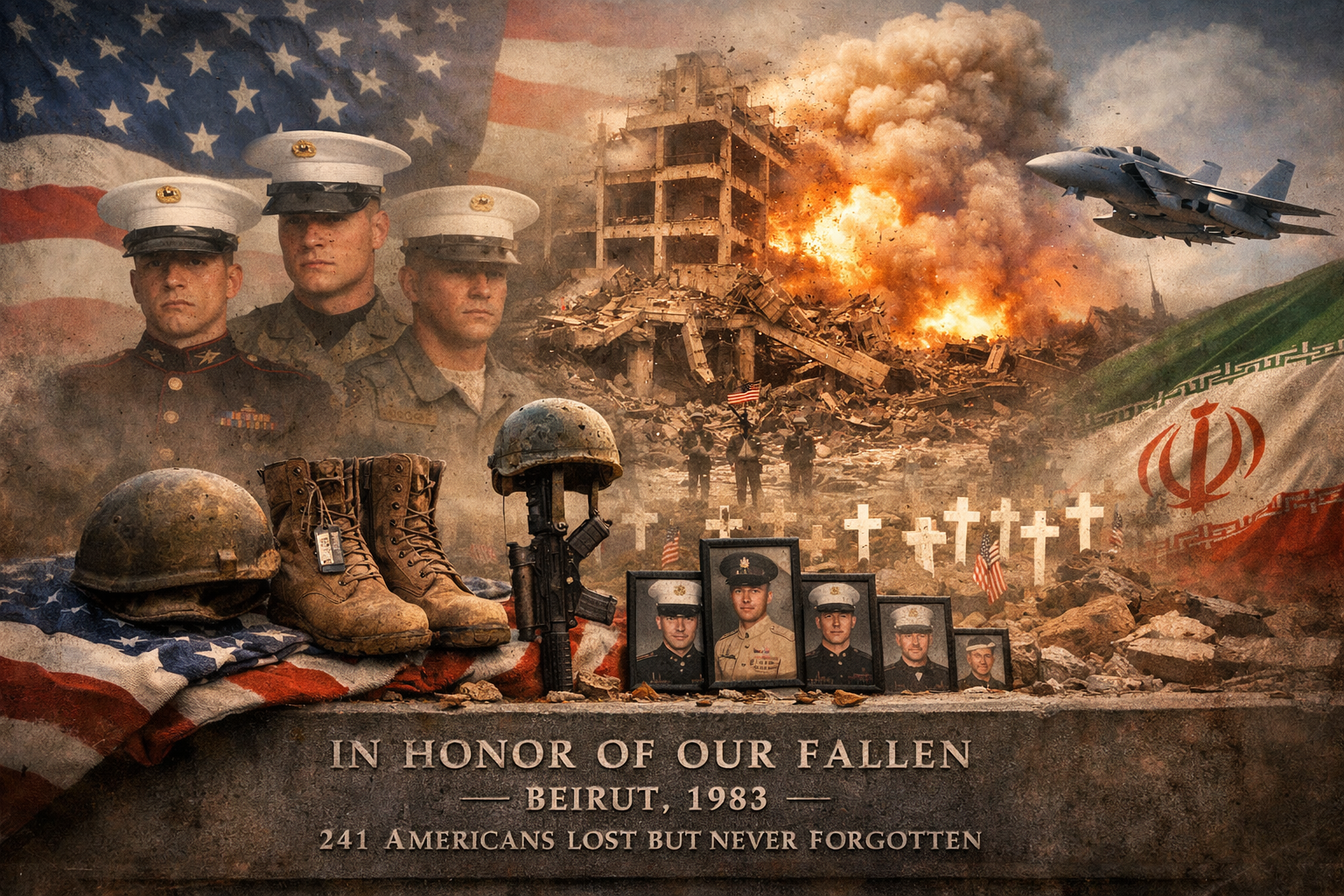God on Trial – Day 14
This is a subtitle for your new post

The Tears of One Child: Why Catholicism Cannot Escape Its Crimes
Ivan Karamazov framed the problem with devastating clarity: no paradise, no promise of eternal reward, no future reconciliation can justify the suffering of even one tortured child. To demand that the innocent must bleed so that some divine drama may unfold is not faith — it is cruelty wrapped in theology.
This is not atheism but moral outrage. And nowhere is that outrage more justified than when turned against the Catholic Church, an institution that has cloaked atrocity in sanctity for nearly two millennia.
The Inquisition: Sanctified Torture
The Inquisition institutionalized Ivan’s nightmare. Children and families alike were dragged before tribunals where confessions were extracted with racks, flames, and iron. Heretics — often accused for reading scripture in their own tongue — were mutilated in the name of Christ’s love. The moral calculus was absurd: the Church claimed to “save souls” by destroying bodies. A child watching their parent burned alive was expected to accept this as holy justice.
Crusades and Colonial Violence
The Crusades were sold as pilgrimages of redemption but became campaigns of slaughter. Entire towns — men, women, children — were massacred under banners painted with the cross. Later, Catholic colonialism spread the same justification across the globe.
In the Americas, indigenous children were ripped from their families, forced into missions, and told that their gods were demons. Generations of cultures were erased under the claim that salvation required submission. Once again, the suffering of the innocent was trivialized as the “price” of divine order.
The Silence of the Vatican
Fast forward to the 20th century. The Vatican, rather than embodying moral courage, maintained silence or complicity in the face of fascism. The tears of Jewish children in the Holocaust were not enough to stir bold resistance from the moral shepherds of Catholicism. Instead, diplomacy and political caution outweighed cries from the gas chambers. Ivan’s question echoes: what paradise, what justification, could possibly outweigh the suffering of those silenced children?
Sexual Abuse and Betrayal of Trust
The most damning modern example lies in the Catholic Church’s global sexual abuse scandals. For decades, priests molested children while bishops shuffled predators from parish to parish, hiding crimes behind cassocks. Children’s innocence was sacrificed to protect the “reputation” of the Church.
This is not ancient history but living memory — the suffering of thousands of children excused in the name of preserving power. Ivan’s outrage becomes prophecy here: the tears of one child, multiplied into millions, cannot be justified by appeals to heaven.
Why Outrage Matters
The Catholic defense has always been the same: “Yes, there were abuses, but the Church also built hospitals, schools, and art. Look at the cathedrals. Look at the saints.” But this is the very moral calculus Ivan rejected. You cannot balance the ledger by placing Michelangelo’s frescoes against a child’s scream in a confessional. No paradise, no Sistine Chapel ceiling, no salvation narrative, can wipe away those crimes.
Why This Matters
For believers, Ivan’s rebellion is a wake-up call. If your faith requires the torture of even one innocent child to justify God’s plan, then the faith itself is rotten. For skeptics, the Catholic record provides proof that institutional religion is not the solution but part of the problem — a system that has too often baptized violence as virtue. Outrage, not submission, is the moral response.
References
- Dostoevsky, F. (1880/1990). The Brothers Karamazov. New York: Farrar, Straus & Giroux.
- Peters, E. (1989). Inquisition. University of California Press.
- Madden, T. F. (2005). The Crusades: The Essential Readings. Wiley-Blackwell.
- Hochschild, A. (1998). King Leopold’s Ghost. Mariner Books.
- Cornwell, J. (1999). Hitler’s Pope: The Secret History of Pius XII. Viking.
- Doyle, T. (2003). “Clericalism, Religious Duress and Clergy Sexual Abuse.” Pastoral Psychology, 51(3), 189–231.
Disclaimer:
The views expressed in this post are opinions of the author for educational and commentary purposes only. They are not statements of fact about any individual or organization, and should not be construed as legal, medical, or financial advice. References to public figures and institutions are based on publicly available sources cited in the article. Any resemblance beyond these references is coincidental.











